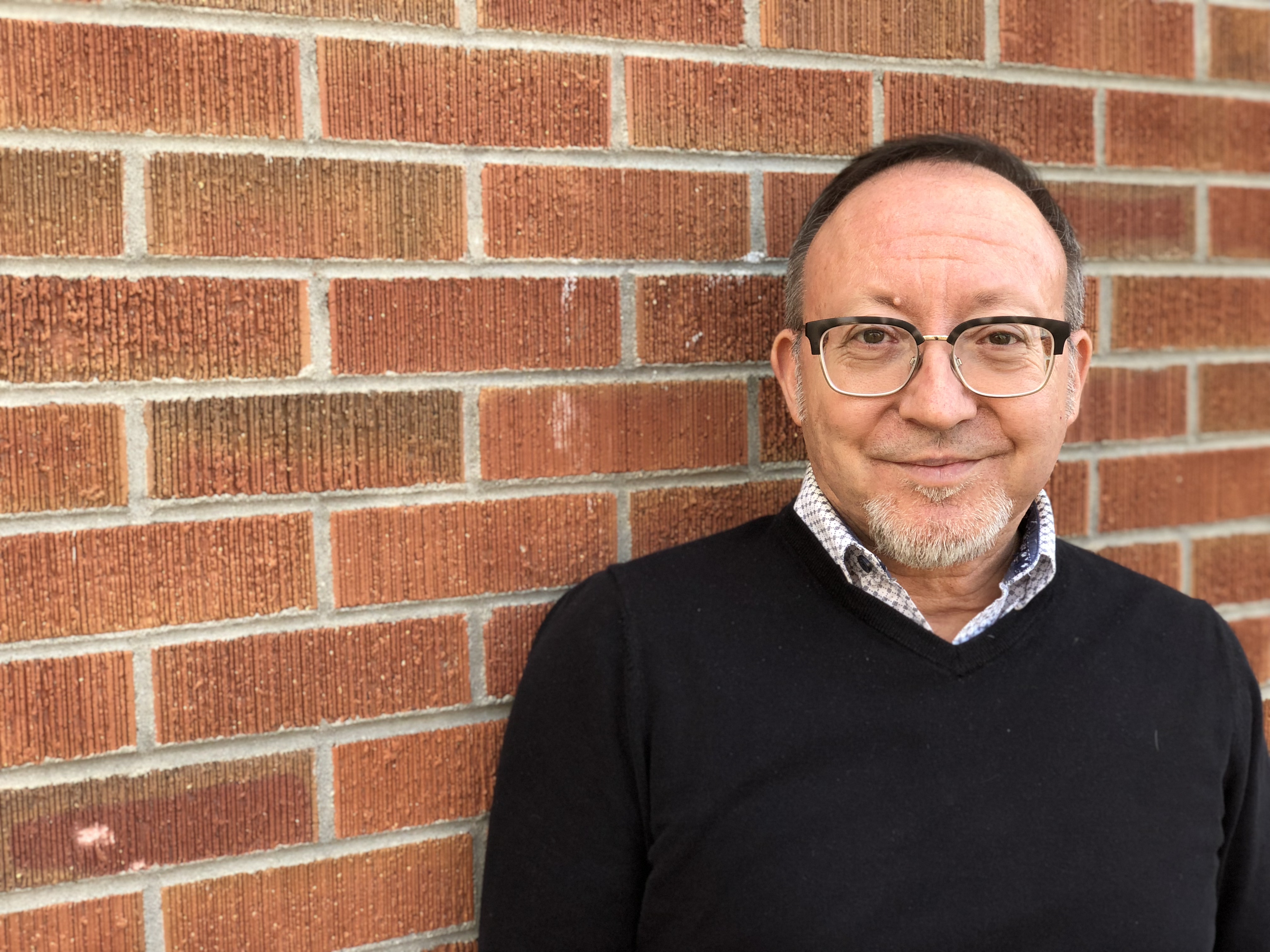God, Theology and Sexual Expression
So far in revisiting this series on the various facets of our sexual identity we’ve unpacked attractions, identity and labels. In this installment we’ll explore two more puzzle pieces of our sexuality. Where does our behavior and sexual expression intersect with our faith, values, theology and relationship with God?
Behavior and Sexual Expression
On a broad level, this aspect of our sexuality can include how we handle our thought life, emotions and working with our volitional will. It would also include how we express intimacy and the boundaries we have with ourselves and others.
How am I acting on (or not acting on) my attractions?
What informs the boundaries or limits I have around sexual activity?
Is my behavior in-congruent with my faith and beliefs?
Many that attend Where Grace Abounds are struggling with sexual addiction—compulsively acting out with others sexually or using pornography or other unwanted sexual behaviors. You can see how this might get tangled up with our attractions and identity, but it can also be a very separate issue to explore.
Faith, Theology and Our Relationship with God
How do your faith and values inform the way you live out your sexuality? We have a Creator who has very particular intents for our existence and how we behave. These purposes extend to our relationships, including our sexual relationships. Sexual behaviors without boundaries have a wide range of consequences to ourselves, families and the community. We tend to wrestle/submit and rebel/surrender (over and over) with these parts of scripture and our relationship with God. Some questions to explore might be:
What do I believe God says about gender, sex, marriage and relationships?
What interpretations of scripture do I believe around sexuality?
No Sex in the City
I remember vividly when I became a Christian at age 17 and my youth group friends at the time. A portion of us had already been sexually active and had now put that behavior “away” in an effort to “be good”. Mine was a kind of a weird, secret off and on again sexual relationship with a male friend since 14. It didn’t seem like a good thing in the light of my new found Christianity. The fact it was homosexual made it feel even doubly dubious. Our friendship by that time had unfortunately driveled down to just sexually messing around occasionally.
Even so, I was desperate for any kind of attention or validation, feeling invisible most of the time (except to be bullied). This false “love” seemed better than nothing at all—why else was I giving parts of my soul away? It’s amazing the garbage you’ll eat when you’re starving. Still, I wanted Jesus more and in all the confusion I shakily put some new found boundaries in this pretty sad relationship. No more sex (which for me meant no more “love”).
In our busy little teen Christian society we’d have occasional discussions about sex. What was OK and what was not? How close is too close? Where is the line of good and bad so we could walk right up to it and dip a toe over? In all this questioning, one thing we all sincerely believed was that we were to bend our lives towards Jesus and His gospel. Not bend Jesus around our lives. That included submitting our ever budding sexuality. Yet none of us really thought through about why those boundaries around sex existed. For me secretly, I felt stuck—not being able to move in any directions due to my gay feelings.
Sex in the City
Flash forward a few years. Feeling I had no place in my new Christian world saddled with same sex attractions and questionable past sexual behavior—I left. Gone were my Christian friends, youth group, bible studies and even more sadly, Jesus. It’s amazing how quickly all those sacred boundaries around my sexual expression and behavior equally faded. Within days of these reactive decisions, I was back sexually reconnecting with my male neighbor friend who was in college now. Yep, it was still pretty empty and bleak.
My only hope and solution at this point centered in my eventual “coming out”. “Yes!” I thought—“I will finally find my Mr. Right.” Yet, in all this sexual freedom I didn’t go too crazy. After all it was 1985 and AIDS was at a critical point. Gay men across the nation were dying quickly. It was a scary time to be in the community so I held off on the sexual aspect for a season. But I had a new gay identity and along with that, a new found sexual freedom. Unfortunately, I was also loaded with an unrealistic view of relationships and the work that goes into them. This had been formed from years of Disney and John Hugh’s films, yet I plunged ahead seeking a gay relationship.
On the Hunt
Once again it didn’t long for this idealistic bubble to blow up directly in my face. Being desperate for any kind of love, I didn’t exactly pick the healthiest men. They usually held to the same patterns—detached, avoidant, sexually addicted and extremely ambivalent. They’d move close looking like they wanted connection and intimacy. When real attachment and emotional intimacy seemed a reality—poof!—each man would evaporate. I played this same scenario out several times.
Still, it wasn’t like I was any prize either. To their detached avoidance, I was anxious, needy and clingy. These are always attractive qualities to potential relationships. Meantime, my despair was growing. Perhaps all these men were right. Why spend an inordinate time building some failing relationship? I should just “hook up” for a night and be on my way. Let’s just suffice it to say after giving a “one night stand” a try, I felt equally empty. I guess I could have settled for sex without connection, but it’s not what my heart really longed for–so now what?
This is a pretty common question we deal with at Where Grace Abounds. Why do Christian men and women uphold boundaries around their sexual expression for a season—then suddenly toss them out? Is it merely selfish rebellion? Maybe it’s weariness waiting on God’s timing or just simple longing and loneliness? I imagine it’s a combination of a lot factors. You can see all kinds of motivations in my own story. So what does moving forward look like surrounding all this conflict? We’ll unpack that further in my next blog.

Scott Kingry
Program Director

